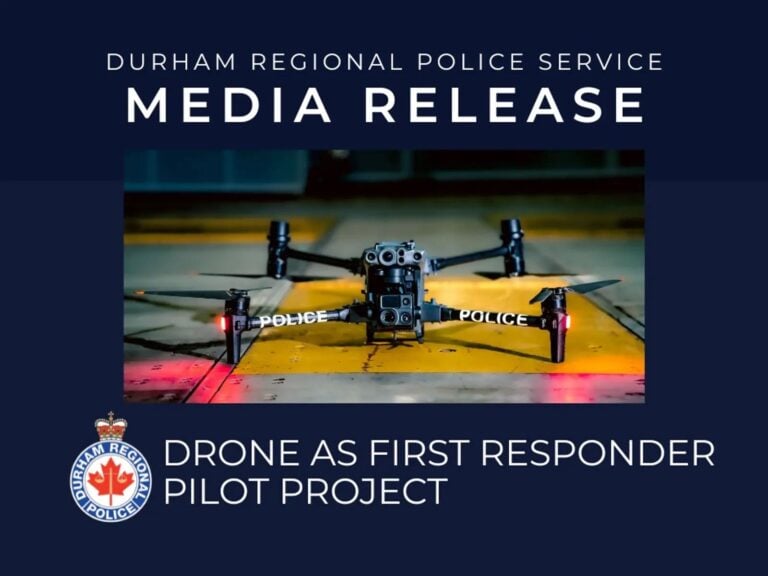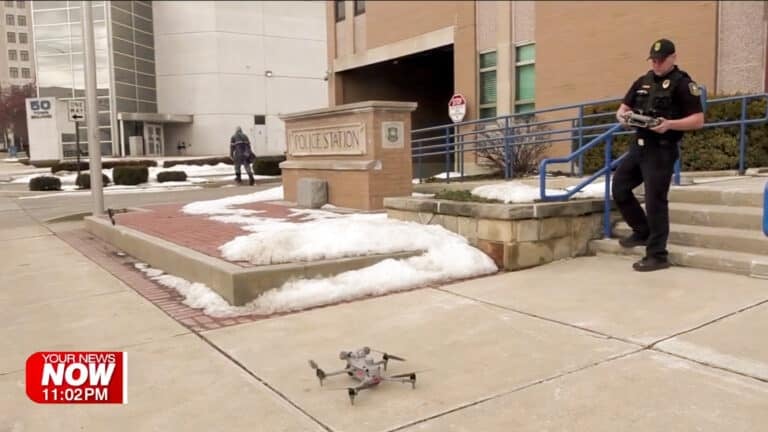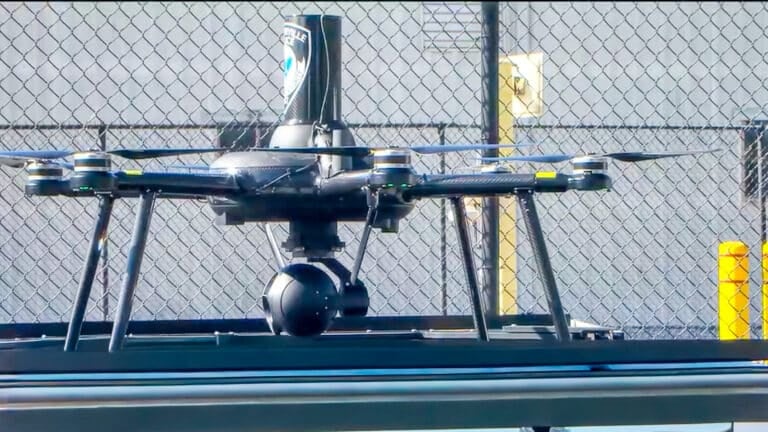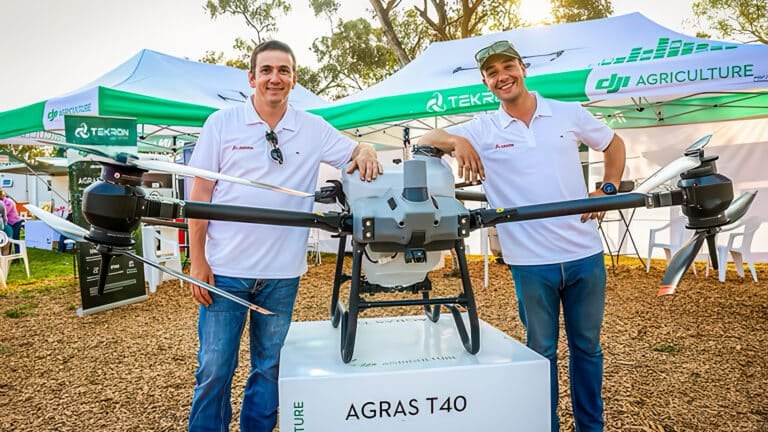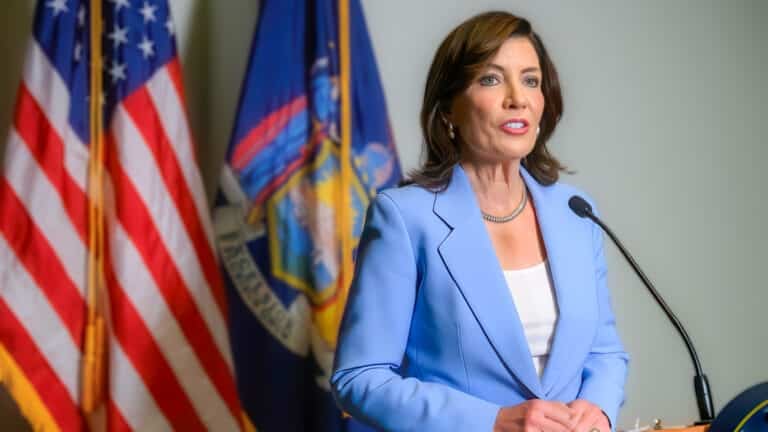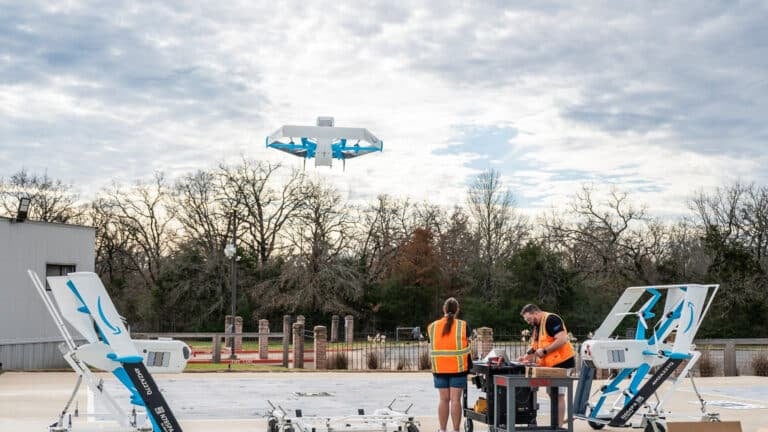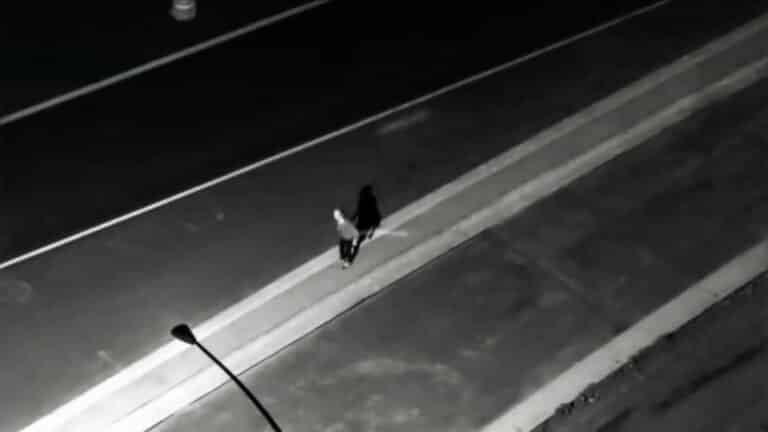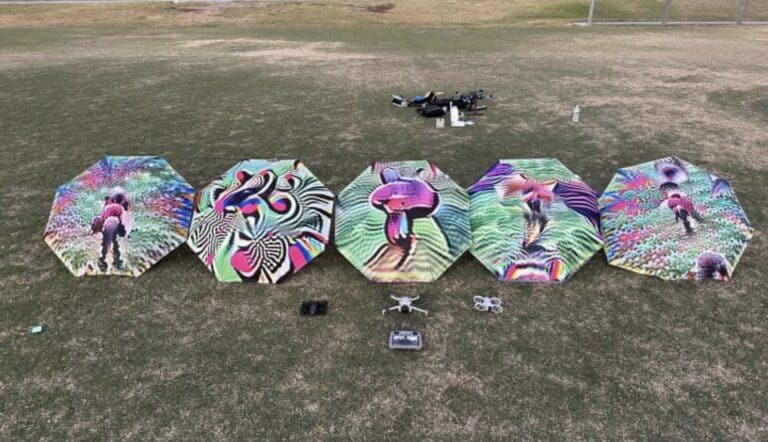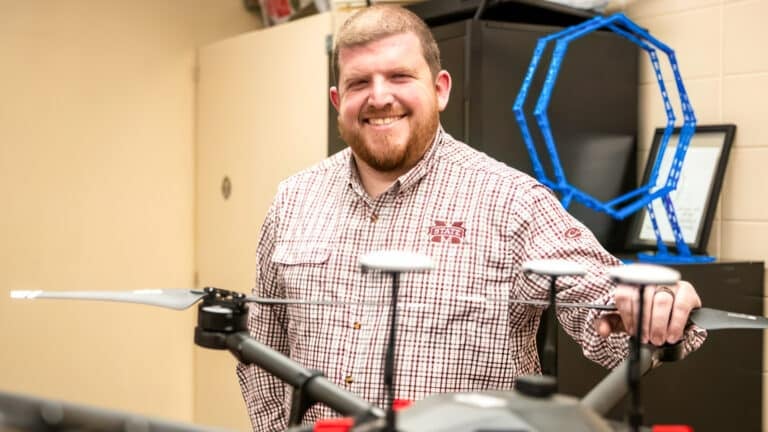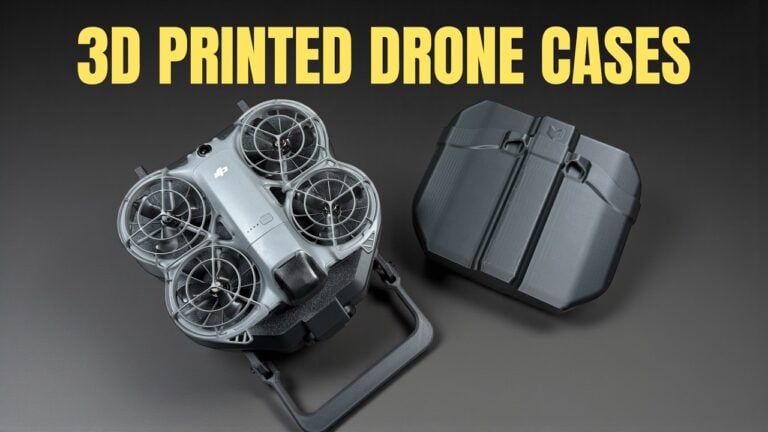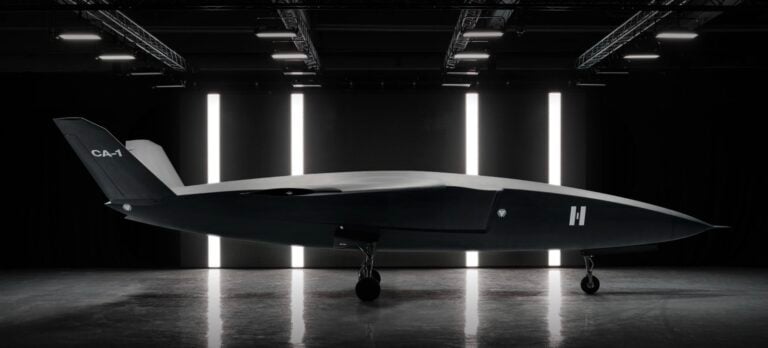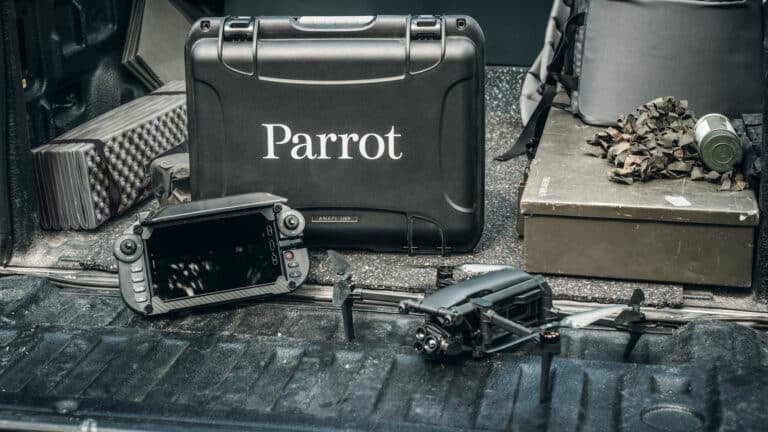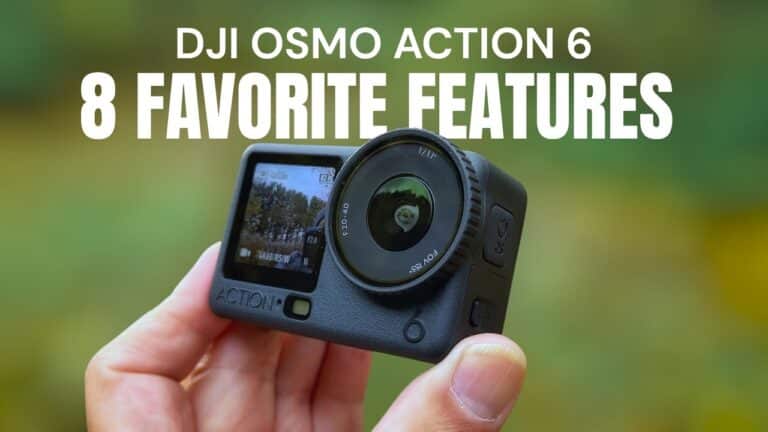Arizona Proposes Law Enabling Police to Take Down Drug-Trafficking Drones Near Mexican Border

Check out the Best Deals on Amazon for DJI Drones today!
A new piece of legislation in Arizona could grant local law enforcement the authority to intercept and disable drones suspected of drug trafficking within 30 miles of the Mexican border. The bipartisan-supported measure reportedly addresses cartel drone operations while raising important questions about aerial safety and liability.
Legislative Framework and Scope
House Bill 2733, currently under review in the Arizona legislature, would provide legal immunity to law enforcement officers who intercept, capture, or disable unmanned aircraft systems operating within the designated border zone. The legislation specifically states that public entities and employees would not be liable for injuries caused by peace officers intercepting, capturing, or shooting unmanned aircraft within 30 miles of the border.
The bill has garnered notable cross-party support, with Democratic Attorney General Kris Mayes backing the measure. As Arizona’s top prosecutor, Mayes emphasizes that local law enforcement needs every available tool to combat cartel operations, noting that drones are being used to drop fentanyl payloads inside the state while serving as aerial intelligence assets for cartel activities.
Technical and Operational Considerations
The interception of unmanned aircraft presents significant technical challenges for law enforcement. While it doesn’t specify particular interdiction methods, the legislation’s language covers multiple potential intervention approaches, including interception, capture, and direct engagement with suspicious drone aircraft.
Safety and Regulatory Implications
The proposed legislation has prompted safety discussions, particularly regarding the potential consequences of disabling drones in populated areas. Addressing these concerns, Attorney General Mayes has specified that interdiction operations would be conducted in desert areas rather than urban environments, expressing confidence in law enforcement’s judgment regarding appropriate locations for drone interdiction activities.
The bill’s current status reflects ongoing attention to safety considerations. During a recent Public Safety and Law Enforcement Committee meeting, Representative David Marshall (R-District 7) announced a hold on the bill, suggesting behind-the-scenes negotiations to refine the legislation’s language and address safety concerns.
Federal Regulatory Conflicts
The proposed Arizona legislation faces significant jurisdictional challenges when considered against existing federal aviation law. Under 18 U.S.C. § 32, federal law explicitly prohibits the damaging, destroying, or interfering with any aircraft, including unmanned aircraft systems, registered with the FAA and operating in the national airspace.
While states maintain certain police powers, federal preemption in aviation matters remains well-established through decades of legal precedent. The FAA Modernization and Reform Act of 2012 and subsequent drone-specific regulations have further reinforced federal authority over drone operations in national airspace.
Limited exceptions do exist for federal agencies under specific circumstances. The 2018 Preventing Emerging Threats Act granted the Department of Justice and Department of Homeland Security authority to counter dangerous drone operations. However, this authority was explicitly limited to federal agencies, not state or local law enforcement.
Attorney General Mayes’ support for House Bill 2733 indicates potential state-level arguments for emergency police powers in addressing immediate public safety threats. However, the broad immunity provisions for local law enforcement could face legal challenges under federal preemption doctrine. The bill’s current hold in committee may reflect these complex jurisdictional questions.
Industry Impact and Future Implications
This legislation represents an important development in the evolving landscape of drone security and law enforcement operations along the southern border. The measure could establish significant precedents for addressing unmanned aircraft threats while balancing public safety considerations.
DroneXL’s Take
The Arizona legislation highlights the complex challenges of enabling effective law enforcement response to drone-based threats while maintaining appropriate safety standards. The ongoing refinement of the bill’s language suggests a deliberate approach to balancing security needs with public safety concerns, potentially creating a framework for addressing similar challenges in other jurisdictions.
The fundamental conflict between state police powers and federal aviation authority presents a significant hurdle for this legislation. Without federal coordination or explicit Congressional authorization extending counter-drone authorities to state agencies, Arizona’s proposed measure could face substantial legal challenges. This highlights the need for a coordinated federal-state framework to address emerging drone security threats while maintaining proper jurisdictional boundaries and aviation safety standards.
Discover more from DroneXL.co
Subscribe to get the latest posts sent to your email.
Check out our Classic Line of T-Shirts, Polos, Hoodies and more in our new store today!

MAKE YOUR VOICE HEARD
Proposed legislation threatens your ability to use drones for fun, work, and safety. The Drone Advocacy Alliance is fighting to ensure your voice is heard in these critical policy discussions.Join us and tell your elected officials to protect your right to fly.
Get your Part 107 Certificate
Pass the Part 107 test and take to the skies with the Pilot Institute. We have helped thousands of people become airplane and commercial drone pilots. Our courses are designed by industry experts to help you pass FAA tests and achieve your dreams.

Copyright © DroneXL.co 2026. All rights reserved. The content, images, and intellectual property on this website are protected by copyright law. Reproduction or distribution of any material without prior written permission from DroneXL.co is strictly prohibited. For permissions and inquiries, please contact us first. DroneXL.co is a proud partner of the Drone Advocacy Alliance. Be sure to check out DroneXL's sister site, EVXL.co, for all the latest news on electric vehicles.
FTC: DroneXL.co is an Amazon Associate and uses affiliate links that can generate income from qualifying purchases. We do not sell, share, rent out, or spam your email.




